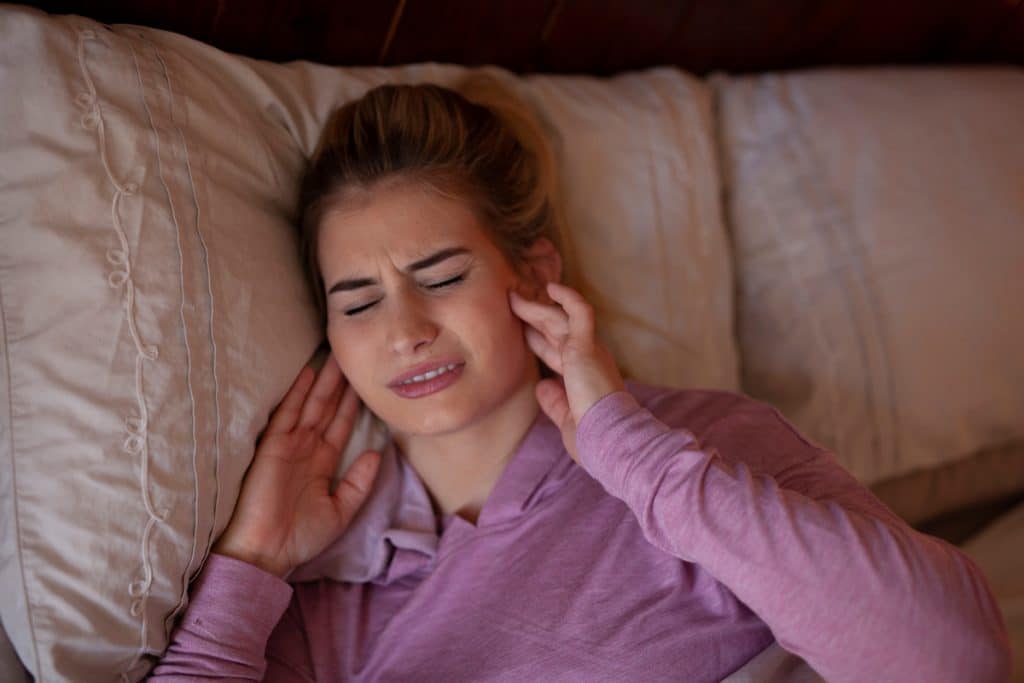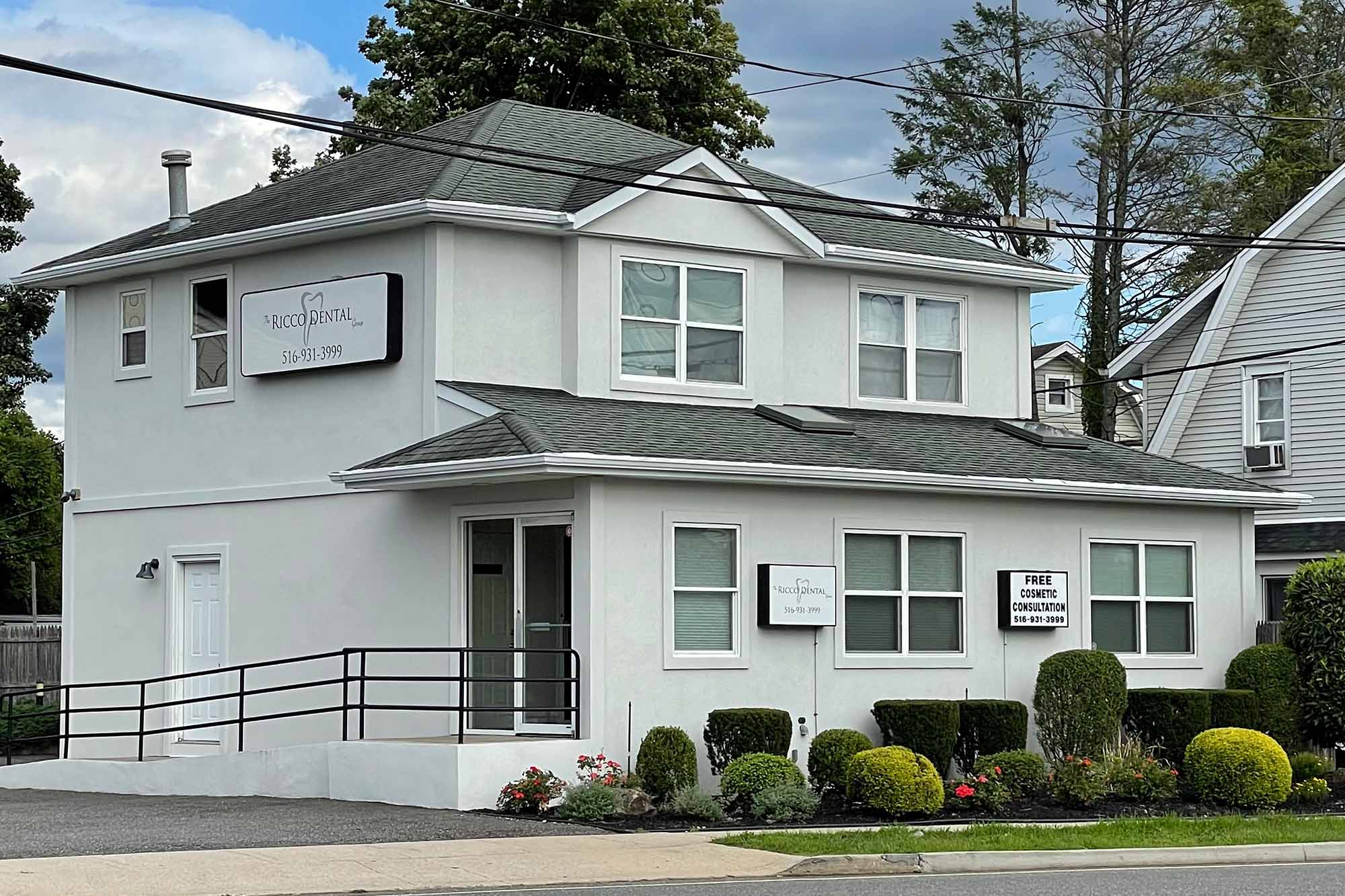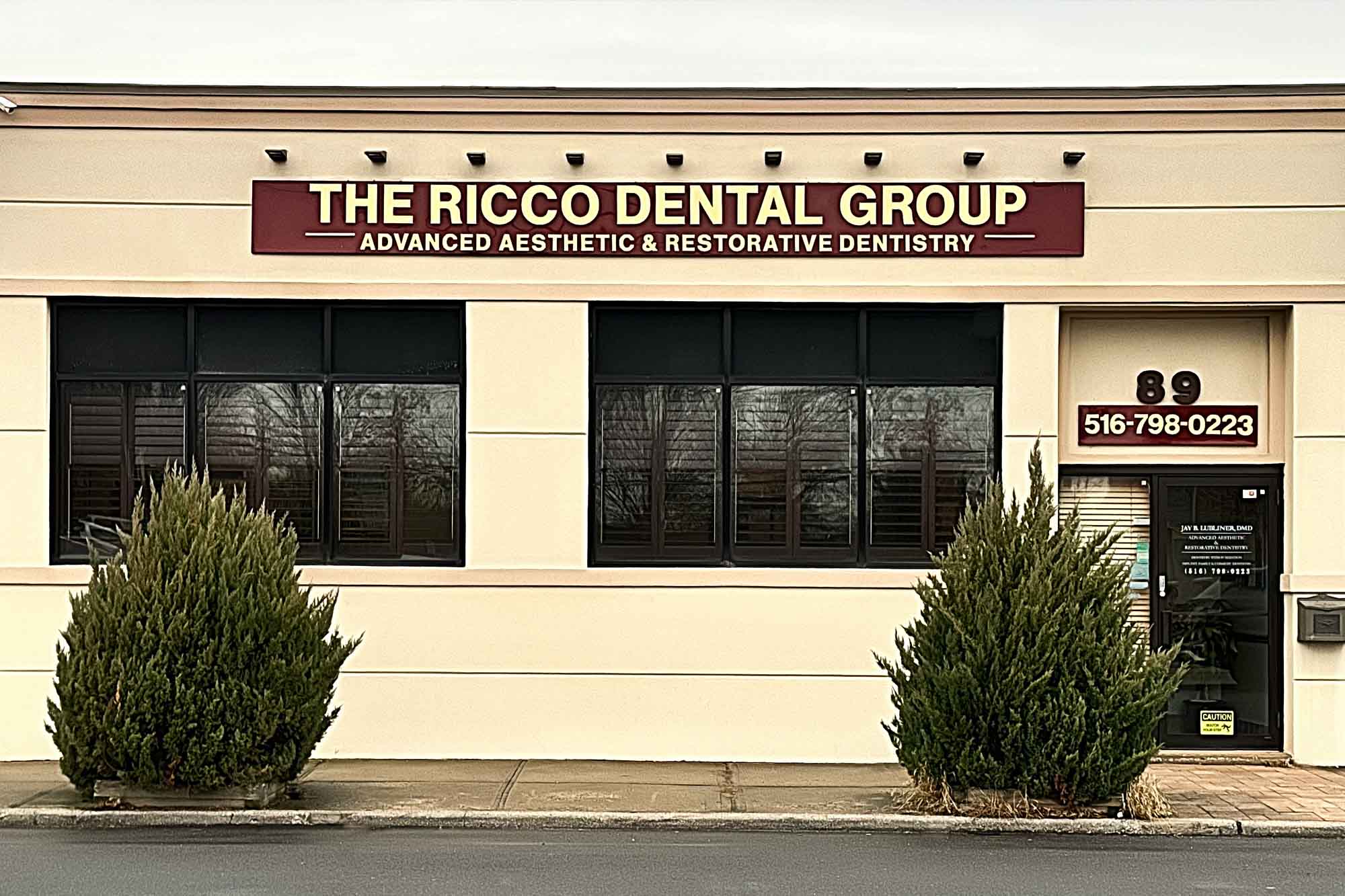How to Relieve TMJ Pain

TMJ, or temporomandibular joint syndrome, causes pain that can negatively impact your quality of life. TMJ may cause jaw pain, facial pain, and other bothersome symptoms.
Fortunately, dentists offer multiple strategies for relieving pain and feeling comfortable again. This blog will explore the spectrum of pain relief methods, starting with at-home supportive care.
Pain Relief Methods for TMJ
Heat and Cold Therapy
Applying warm or cold compresses to painful areas can help relax tight muscles and relieve pain. Try both heat and cold, and use the one that feels best.
Diet Changes
Eating a softer diet is helpful when your TMJ flares up. Avoid hard, crunchy, and chewy foods like steak, nuts, and whole apples.
Reducing Wide Jaw Movements
Opening your mouth too far can cause TMJ discomfort. Try to reduce singing, yelling, and wide yawns.
Gentle Stretching
Your dentist can teach you stretches that can help to loosen the tight muscles around the TMJ joints.
Stress Reduction
Researchers connect TMJ with stress. It can become a vicious cycle, with stress behaviors like grinding teeth and clenching the jaw causing pain, which in turn creates more stress. Yoga, meditation, and relaxation can help.
Control Teeth Grinding
If you habitually grind your teeth, your dentist may recommend an oral appliance that keeps your jaws in the proper position at night.
Medications
Muscle relaxants and over-the-counter pain medications can help.
BOTOX
BOTOX injections can help to relax the inflamed muscles and provide pain relief.
Surgery
In extreme cases of TMJ caused by an injury, disc problem within the joint, or arthritis, your dentist may recommend surgical treatment. Jaw surgery is a major procedure completed by an oral surgeon.
Symptoms of TMJ
Symptoms of TMJ include sore jaws or cheeks, ear pain, pain in the face, headaches, jaw tightness, difficulty opening or closing the mouth, and jaw locking. Your jaw may also make noise when you open your mouth, sometimes accompanied by pain.
Causes of TMJ
The causes of TMJ are not always clear. However, four common causes include:
- Jaw injuries
- Arthritis
- Disc misalignment or breakdown
- Bruxism
Frequently Asked Questions About TMJ
Does TMJ go away on its own?
In many cases, TMJ does pass on its own, but some patients endure the pain for years before seeing the dentist. Your dentist's help and advice will help you feel better faster.
Can a car accident cause TMJ?
Car accidents are a common cause of this disorder. Any jolt or blow to the face can cause TMJ pain. Patients who play contact sports are also vulnerable to developing TMJ.
Contact The Ricco Dental Group
You don't have to live with the pain of TMJ. Consult your dentist for help relieving your symptoms and building healthy habits to relax your jaw. We would gladly evaluate your TMJ symptoms and meet with you to create a plan. Please contact us at our convenient Plainview and Massapequa, New York offices today for help.




